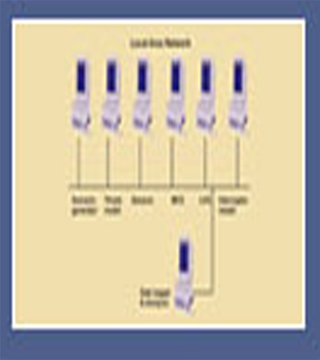
Air-Borne Telemetry Receiving System
Technology Cluster
Evaluation of medium and long range missiles requires physical parameters of sub-systems as well as navigational data acquired and recorded through telemetry. The instruments to be deployed for adequate coverage of the flight are ensured during launch, mid-course and terminal phases of flight path. The tracking and telemetry systems deployed at the launch site ensure data reception requirements of launch and mid-course phases of flight path. The maximum distance of signal reception is limited by the line-of-sight (LOS) conditions; the instruments located near the launch site will not be able to receive telemetry signals during terminal phase of flight path. To receive telemetry information in final phase of trajectory, ship-borne measurement stations are deployed near the expected impact point. However, the ship-borne instruments are able to receive telemetry data only up to a limited height above sea level because of limitation of LOS. Also, for validation of antiship cruise missiles cruising at very low altitudes of approximately 5 to 10 m the conventional approach of ship-borne down range instrumentation will be less effective.
To overcome the problems of reception of telemetry signals at low heights, DRDO has developed a comprehensive helicopter-borne measurement station to ensure required range of straight visibility. Such systems available elsewhere are cost prohibitive.


